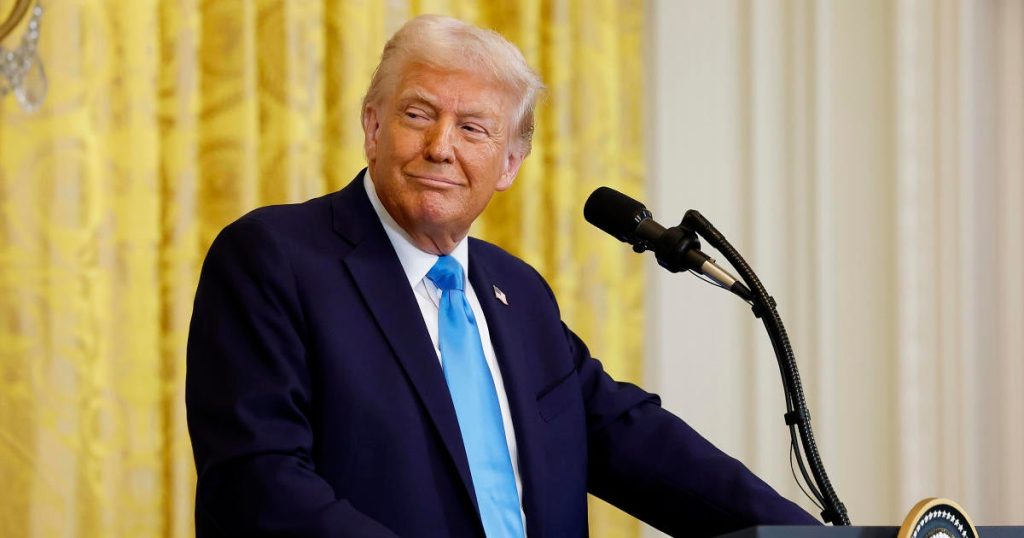Federal Judge Blocks Trump’s Executive Order on Birthright Citizenship: A Legal and Social Analysis
Introduction
A federal judge in New Hampshire, Joseph Laplante, recently blocked President Trump’s executive order aimed at ending birthright citizenship, marking the third such judicial intervention. This directive, part of Trump’s broader immigration crackdown, sought to deny U.S. citizenship to children born to mothers without legal status or on temporary visas. The ruling underscores significant legal and societal debates around immigration and constitutional rights.
Judicial Pushback and Legal Standing
Judge Laplante’s decision to grant a preliminary injunction halts the enforcement of Trump’s order, joining rulings from judges in Washington and Maryland. This pattern of judicial resistance indicates robust opposition to the directive. The injunction prevents the order from being enforced while courts conduct a thorough review, reflecting concerns about its constitutionality.
Constitutional and Historical Context
The 14th Amendment’s Citizenship Clause guarantees birthright citizenship, a principle upheld by precedents like the Wong Kim Ark case. Trump’s order challenges this by targeting children of non-citizens, sparking debates on presidential authority. Critics argue that Trump cannot unilaterally alter citizenship rights, which are typically determined by constitutional and congressional statutes.
Widespread Legal Challenges
Over eight lawsuits across the country oppose Trump’s order, highlighting widespread resistance. These legal challenges argue the order is unconstitutional and illegal, emphasizing the need for judicial review. The Justice Department’s appeal of one ruling suggests the issue may escalate to the Supreme Court.
Human Impact and Public Reaction
The order’s implications are profound for families with children born after February 19, leaving them in legal limbo. This creates uncertainty for immigrants and their families, emphasizing the need for clear legal resolution. Public opinion is divided, with supporters of stricter immigration policies backing Trump, while advocates for immigrants view this as a fundamental rights issue.
Conclusion
The legal battle over birthright citizenship is a high-stakes conflict with potential implications for U.S. citizenship definitions. Multiple court injunctions signal judicial skepticism toward Trump’s directive, setting the stage for a prolonged legal fight. This case underscores the judiciary’s role in balancing executive power with constitutional principles, amid a politically charged atmosphere.












